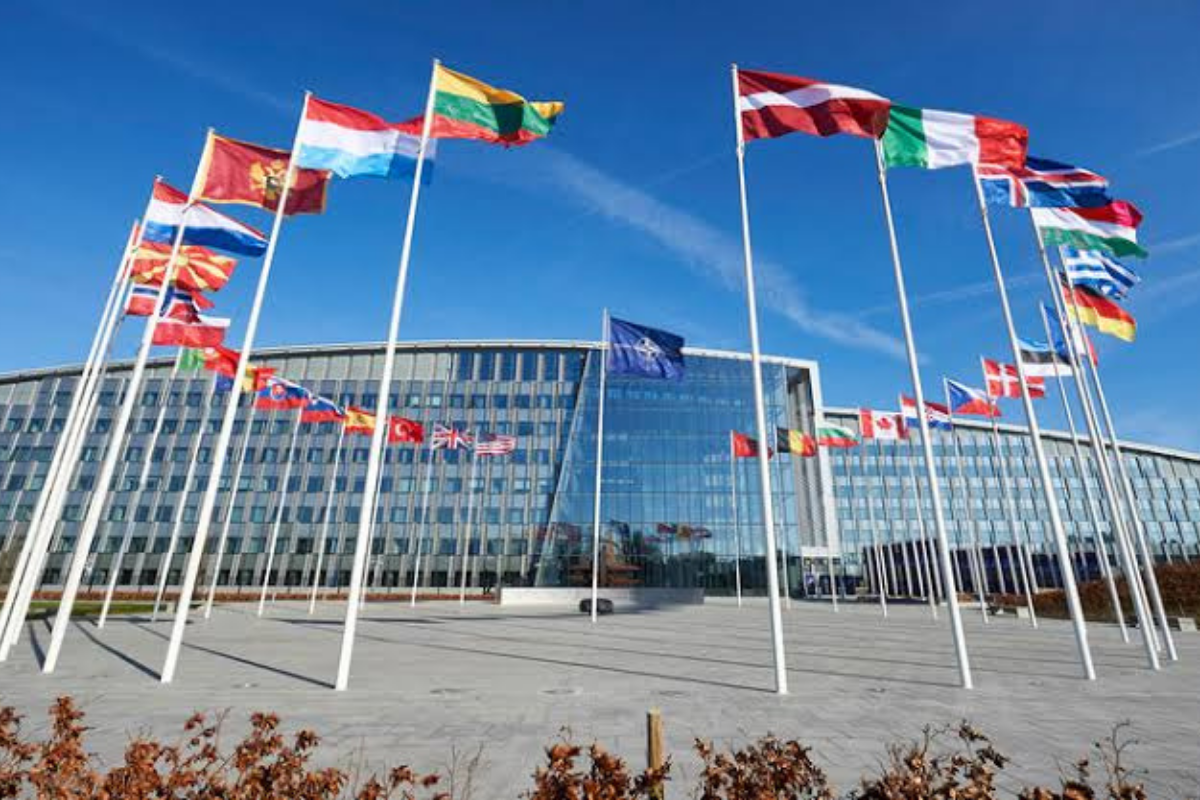The prospect of Ukraine joining Nato has long been a contentious issue, but the statements by former Russian President and current deputy chairman of its Security Council, Dmitry Medvedev have elevated the stakes to a new level of tension. Mr Medvedev’s stark warning that Ukraine’s accession to Nato would be akin to a declaration of war underscores the gravity with which Russia views this potential development.
Nato’s leaders recently pledged to support Ukraine on its path to full Euro-Atlantic integration, including eventual membership in the alliance. However, they strategically left open the timing of such an event, reflecting an awareness of the delicate geopolitical situation. This cautious approach is essential, as any premature or overly aggressive moves could trigger severe repercussions. Mr Medvedev, who once appeared as a proWestern moderniser during his presidency from 2008 to 2012, has since adopted a more hawkish stance. His current rhetoric reflects a broader shift in Russian politics towards a more aggressive and confrontational approach to the West. His comments highlight Russia’s perception of Nato expansion as an existential threat, a view that has been consistent since the alliance began including countries from eastern Europe.
Advertisement
From Russia’s perspective, Nato’s enlargement is seen as a direct challenge to its sphere of influence and national security. This perception fuels a narrative that positions Russia in opposition to what it sees as Western encroachment. Mr Medvedev’s statement that Ukraine’s Nato membership would be a delayed declaration of war reflects this deep-seated suspicion and animosity. The implications of this viewpoint are profound. If Nato were to fast-track Ukraine’s membership, it could provoke a severe response from Russia, potentially escalating into open conflict. Mr Medvedev’s mention of a “nuclear apocalypse” if the situation deteriorates underscores the catastrophic risks involved. Such a scenario would not only destabilise the region but could have far-reaching global consequences. Nato must navigate this situation with extreme caution.
Supporting Ukraine is crucial, especially given the on-going conflict and Kyiv’s aspirations for closer ties with the West. However, this support must be balanced with efforts to avoid further provoking Russia. Diplomatic engagement, clear communication, and strategic patience are essential to managing this complex and volatile situation. Mr Medvedev’s transformation to a vocal proponent of hard-line policies reflects the broader shift in Russia’s geopolitical stance. This evolution is critical to understanding the current dynamics at play. It serves as a reminder that international relations are fluid and subject to rapid changes based on internal and external pressures. Nato leaders must weigh their support for Ukraine against the risks of escalating tensions with Russia, and strive for a solution that ensures stability and peace while respecting the sovereignty and aspirations of all nations involved. The path forward requires a delicate balance of firmness and diplomacy. Of course, all parties to the conflict will have their eyes peeled on the American election in November; a Trump presidency will change many of these equations.
